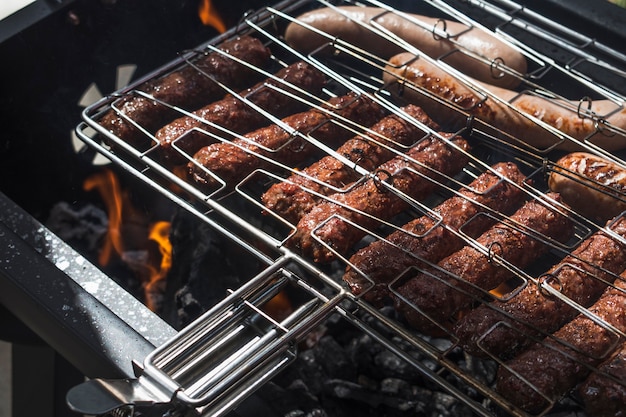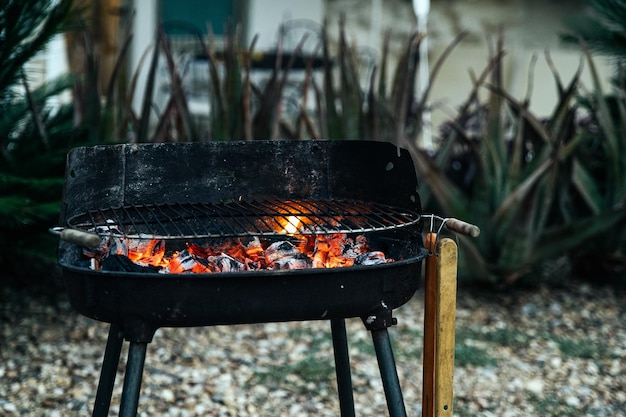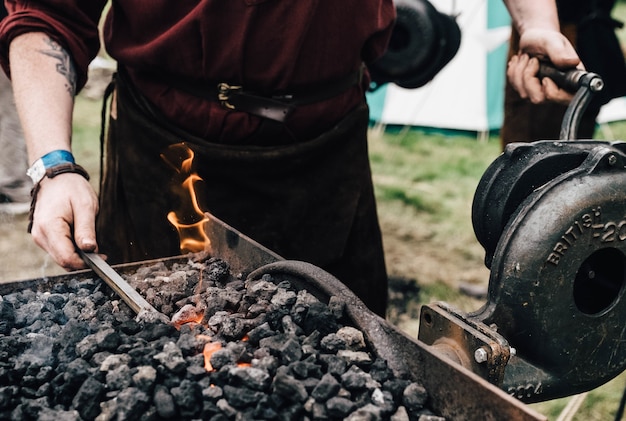Does BBQ Charcoal Absorb Moisture?
Barbecue season is here, and many of us are eager to fire up the grill and enjoy delicious meals with family and friends. Whether you prefer gas or charcoal grilling, it’s important to understand the characteristics of your fuel. One common question that arises is whether BBQ charcoal absorbs moisture. In this article, we will explore the science behind charcoal and its ability to retain or release moisture, providing you with a better understanding of how to use it effectively.
The Composition of BBQ Charcoal
Charcoal used for barbecuing is typically made from carbon-rich materials, such as wood or coconut shells. These materials undergo a process called pyrolysis, where they are heated in the absence of oxygen to remove volatile compounds and obtain pure carbon. The resulting charcoal is highly porous, with countless microscopic holes and crevices that give it a large surface area.
Due to its porous nature, charcoal has the ability to absorb various substances, including moisture. However, the extent to which it absorbs moisture depends on several factors, such as the type of charcoal, storage conditions, and exposure to humidity.
Charcoal and Moisture: A Delicate Balance
While charcoal can absorb moisture, it also has the ability to release it when exposed to heat. This is why it’s crucial to store charcoal in a dry place, away from rain or humid environments. If charcoal absorbs too much moisture, it can become difficult to ignite, resulting in a frustrating grilling experience.
However, a small amount of moisture in charcoal can be beneficial. It acts as a binder, helping the charcoal pieces stick together during the manufacturing process. This is especially true for briquettes, which often contain additives to enhance their performance and make them easier to light. These binding agents can absorb moisture, which is subsequently released when the charcoal is ignited.
Pro Tip: If you’re using charcoal briquettes, it’s a good idea to keep them in a dry place but avoid overly humid storage conditions.
Preventing Moisture Absorption
To ensure your BBQ charcoal remains dry and ready to use, here are a few tips:
- Store charcoal bags in a cool, dry place: Shield your charcoal from rain, excessive humidity, or direct sunlight.
- Keep the bag sealed: Once opened, reseal the bag tightly to limit unnecessary exposure to moisture.
- Invest in airtight containers: Consider transferring your charcoal to plastic or metal containers with reliable seals to provide an extra layer of protection.
Other Factors Affecting Charcoal Performance
While moisture absorption is a significant consideration for charcoal performance, other factors can also impact your grilling experience. These include the size and density of the charcoal, the quality of the raw materials used in its production, and even the airflow within your grill.
Charcoal that has absorbed excessive moisture may take longer to ignite and produce less heat, leading to prolonged cooking times. On the other hand, charcoal that is stored in extremely dry conditions may become excessively brittle and crumble easily, making it challenging to handle.
Choosing the Right Charcoal for Your Needs
When selecting BBQ charcoal, it’s essential to consider your specific grilling requirements. Here are two popular types:
| Type of Charcoal | Advantages | Disadvantages |
|---|---|---|
| Lump Charcoal |
|
|
| Briquettes |
|
|
Ultimately, the choice between lump charcoal and briquettes depends on your personal preference, cooking style, and the flavor profile you seek.
In Summary
BBQ charcoal has the potential to absorb moisture, but it can also release it when exposed to heat. It’s important to store charcoal in a dry place, away from rain and excessive humidity, to ensure optimal performance. While a small amount of moisture is beneficial for certain types of charcoal, excessive moisture absorption can make it challenging to ignite and affect its heat output.
Remember to follow proper storage practices and select the right type of charcoal for your grilling needs. By doing so, you can enjoy flavorful and successful barbecues throughout the summer season.


